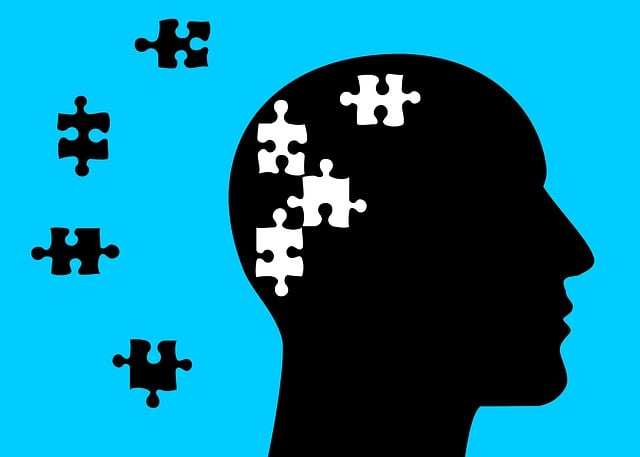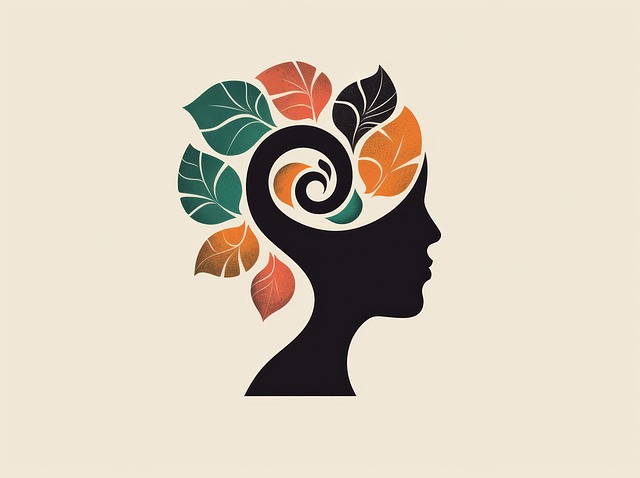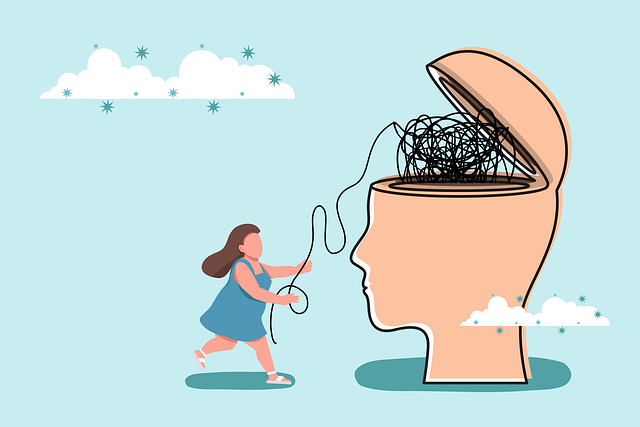In healthcare, cultural competency is vital for creating safe and supportive environments for diverse patients, especially sexual abuse survivors in Colorado Springs. Understanding patients' cultural contexts allows providers to offer personalized care, enhancing trust and open dialogue. Training in cultural competency includes interactive workshops, case studies, and role-playing, equipping providers with skills to handle trauma, cultural taboos, and familial dynamics. This approach facilitates coping skills development, promotes self-care routines, and teaches mind over matter principles, leading to improved outcomes for sexual abuse survivors in Colorado Springs, as guided by the Mental Wellness Podcast Series.
In today’s diverse healthcare landscape, cultural competency training is essential for creating healing and supportive environments. This article explores this critical aspect of healthcare delivery, focusing on its impact in Colorado Springs, particularly for survivors of sexual abuse. We delve into the benefits of culturally sensitive practices, providing strategies for healthcare providers to enhance their cultural competency. By understanding and addressing these needs, we aim to revolutionize therapy for Colorado Springs sexual abuse survivors.
- Understanding Cultural Competency in Healthcare: A Necessity for Healing and Supportive Environments
- The Impact of Cultural Sensitivity on Survivors of Sexual Abuse in Colorado Springs
- Designing Effective Training Programs: Strategies for Healthcare Providers to Enhance Cultural Competency
Understanding Cultural Competency in Healthcare: A Necessity for Healing and Supportive Environments

In healthcare, cultural competency goes beyond mere awareness; it’s about creating healing environments that resonate with diverse patient populations. This is particularly crucial in places like Colorado Springs Sexual Abuse Survivor Therapy, where individuals have experienced deep trauma and may come from various cultural backgrounds. Understanding a patient’s cultural context allows healthcare providers to offer more personalized and supportive care. It involves recognizing and respecting differences in values, beliefs, behaviors, and communication styles, ensuring every patient feels seen and heard.
Cultural competency training equips professionals with the skills to navigate these complexities, fostering better patient-provider relationships. This is essential for building trust, encouraging open dialogue, and facilitating effective coping strategies. Through such training, healthcare workers can facilitate Coping Skills Development, promote Self-Care Routine Development for Better Mental Health, and teach Mind Over Matter Principles—all vital tools in the journey towards healing.
The Impact of Cultural Sensitivity on Survivors of Sexual Abuse in Colorado Springs

In Colorado Springs, addressing cultural sensitivity within healthcare is particularly pertinent when considering the high prevalence of sexual abuse survivors seeking therapy. The impact of a culturally competent approach cannot be overstated; it ensures that survivors feel understood and supported throughout their healing journey. Many survivors, especially from diverse ethnic backgrounds, may face barriers to accessing effective care due to differences in communication styles, values, and past experiences.
Cultural sensitivity empowers therapists to create a safe and non-judgmental environment, fostering open dialogue. This is crucial for addressing the complex trauma associated with sexual abuse. The Mental Wellness Podcast Series Production emphasizes the need for crisis intervention guidance tailored to these sensitive cases, while the Risk Assessment for Mental Health Professionals underscores the importance of understanding cultural nuances to mitigate potential risks. By integrating such practices, healthcare providers in Colorado Springs can significantly improve outcomes for sexual abuse survivors, promoting their mental wellness.
Designing Effective Training Programs: Strategies for Healthcare Providers to Enhance Cultural Competency

Effective cultural competency training for healthcare providers involves a multi-faceted approach that goes beyond surface-level awareness. Designing programs that promote genuine understanding and empathy necessitates incorporating diverse perspectives into curriculum development, ensuring representation of various cultural backgrounds, beliefs, and experiences. Interactive workshops, case studies drawing from real-life scenarios in Colorado Springs sexual abuse survivor therapy, and role-playing exercises can facilitate deeper learning.
Emotional regulation techniques, coping skills development, and mental health education programs design should be integral components. Equipping providers with tools to navigate sensitive conversations around trauma, cultural taboos, and familial dynamics empowers them to offer more personalized, compassionate care. By fostering an environment of open dialogue and continuous learning, healthcare organizations can create a culture where cultural competency is not just a checkbox item but the cornerstone of patient-centered, inclusive healthcare delivery.
Cultural competency training is a vital tool for healthcare providers to offer effective and supportive care, especially when treating survivors of sexual abuse in Colorado Springs. By understanding and respecting diverse cultural backgrounds, healthcare professionals can create healing environments tailored to individual needs. Implementing the strategies outlined in this article will enhance cultural sensitivity, ensuring that every patient receives the best possible care, particularly within the context of Colorado Springs Sexual Abuse Survivor Therapy.













